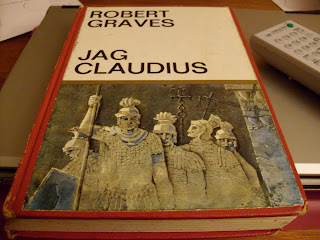A good book, a good story, is always true. I don´t mean that it should be "based on a true story" or some such nonsense, but that it should be true to the author. That it is not
made, but
born, if you see what I mean.
Tonight I have spent a few hours with a book that was very much an artifice, a contrived pastiche. It was Diane Setterfield´s "The Thirteenth Tale", an homage to19th Century sensation/melodramatic/romantic novels like "Wuthering Heights" (Emily Brontë), "Jane Eyre" (Charlotte Brontë), "The Woman in White" (Wilkie Collins) or "Lady Audley´s secret" (Mary Elisabeth Braddon).
The ingredients are incestuous siblings, rape, madness, orphans at doorsteps, suicides, ghosts, fires, murder, confused and concealed identities, forgery, and fewerish, anorexic women soaked in rainy storms. The characters, as well as the story, are all very higly strung, as is the writing-style.
Mawkish, is the word my dictionary suggests and it sounds about right. I´d have given it up after the first few pages if I hadn´t been curious to how it would end.
I have read "Jane Eyre" and "Wuthering Heights" and while this book no doubt wants to have a lot in common with them, I don´t remember feeling at all irritated when I read them. And that is my point: when the story is true to the author, it will also seem true to the reader. And the style will serve the story, it will be authentic. Setterfield does not manage to give her story authenticity - but having said that, I should add that I have only read the Swedish translation.
One good thing about this book: "The Woman In White" by Wilkie Collins is now on my to-read list. According to Wikipedia it´s heroine is described as "one of the finest creations in all Victorian fiction". I have to check that out.


























